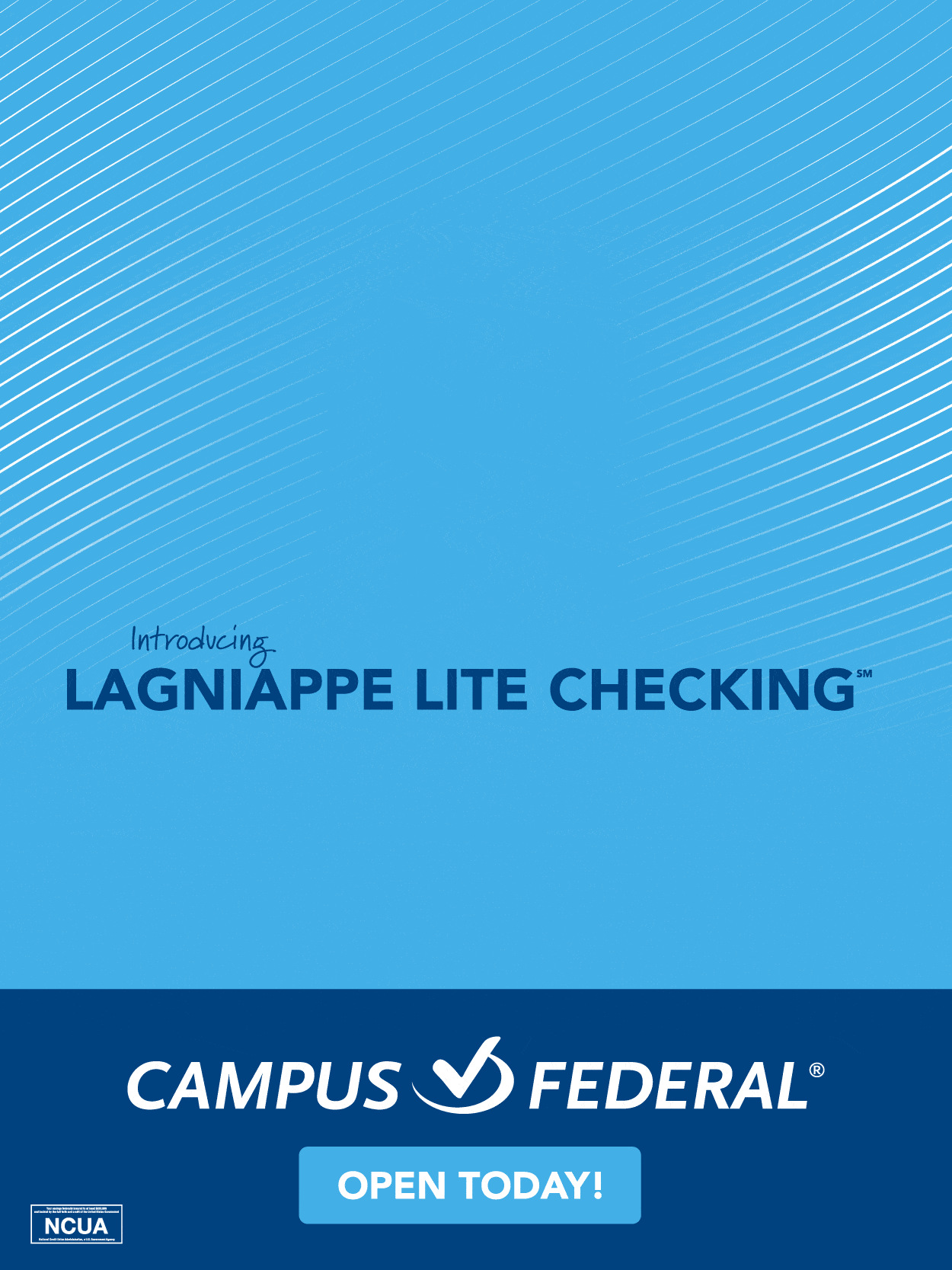Less than a week after securing a Part 135 air carrier certification from the Federal Aviation Administration, drone delivery firm Zipline is putting its new credentials to work.
The Bay Area-based company on Tuesday announced its commercial expansion into North Carolina, where it began delivering medical products such as prescriptions and personal protective equipment last week. To start, deliveries are servicing a 7,800 square mile area out of Zipline’s distribution hub in Kannapolis.
Of course, Zipline’s expansion into the state would not be possible without cargo to deliver. Fortunately, the firm signed partnerships with a trio of health care providers: North Carolina-based Novant Health, Orlando, Florida-based Magellan Rx Management and Ohio-based Cardinal Health (NYSE: CAH).
With the new medical drone delivery service up and running, Zipline said customers in North Carolina will receive their orders in as little as 15 minutes.
Related:
Read: FAA certification puts drone firm Zipline in league of its own
Read: Expanded drone delivery taxis toward takeoff with new FAA recommendations
“North Carolina is first in flight, and Zipline’s work is taking us to new heights,” said North Carolina Gov. Roy Cooper. “This innovative partnership will increase access to health care for our community.”
As Cooper alluded, his state is one of the earliest adopters of drone delivery technology. By participating in the FAA’s Integration Pilot program and Beyond program, two initiatives designed to speed the adoption of drones into U.S. airspace, North Carolina’s transportation department has been a trailblazer for commercial drone delivery services since 2017.
But Zipline wasn’t there yet. In fact, until fairly recently the company wasn’t even in the United States, with the exception of its San Francisco headquarters.
Before 2021, Zipline had largely been flying in rural areas in sub-Saharan Africa and Southeast Asia. That changed in November, when it made its U.S. debut delivering health and wellness items with Walmart in northwest Arkansas. Now, armed with the FAA’s most expansive certification, the company is ready to enter the belly of the drone delivery beast.
“We imagine a future in which goods are transported nearly instantly,” said Keller Rinaudo, founder and CEO at Zipline. “Together with Novant Health, Magellan Rx Management and Cardinal Health, we are making it a reality.”
Watch: Delivering everything with drones
Zipline’s Part 135 air carrier certification was just the fourth awarded to a drone firm, with the others being Amazon’s (NASDAQ: AMZN) Prime Air, Google’s (NASDAQ: GOOGL) Wing and UPS’ (NYSE: UPS) Flight Forward. However, Zipline’s certification was the first to be received through the Beyond program, which emphasizes flights well outside the operator’s visual line of sight.
As a result, the FAA said it can fly up to 26 miles round trip — farther than any other drone firm with operations in the U.S.
“Zipline makes a delivery every four minutes — ensuring people get access to the products they need, the moment they need them,” Rinaudo said in an announcement last week. “With our Part 135 certification, and in close collaboration with our partners and the FAA, we are one step closer to making safe, clean and quiet instant delivery a reality for communities across the U.S.”
With the certification in place, Zipline is well positioned to steal the spotlight from some of drone delivery’s biggest names.
In April, Wing launched a commercial service in the suburbs of Dallas-Fort Worth, its largest project to date. And just last week, Prime Air made its long-awaited U.S. debut in the small town of Lockeford, California.
Meanwhile, smaller players are also getting in on the action. In March, Bay Area-based Elroy Air collaborated with FedEx on test flights of its Chaparral drone, while Israeli drone firm Flytrex has entered a number of partnerships with U.S. companies in recent months, including Brinker International, Jersey Mike’s and Unilever.
But Zipline is the first drone firm to focus specifically on medical deliveries to get off the ground in the United States. And while it may not be the last, as it stands, no one is covering more sky.
You may also like:
Drone delivery execs weigh in on industry’s future
Zipline launches US commercial deliveries with Walmart
Zipline’s drone delivery of pharmaceuticals earns $2.75B valuation








